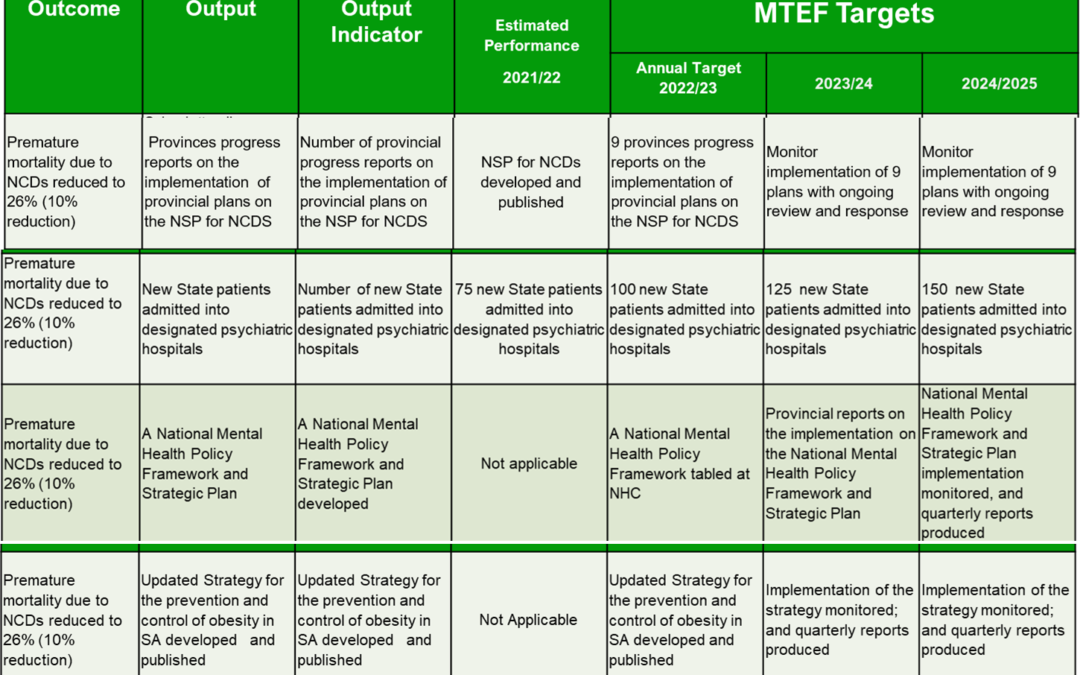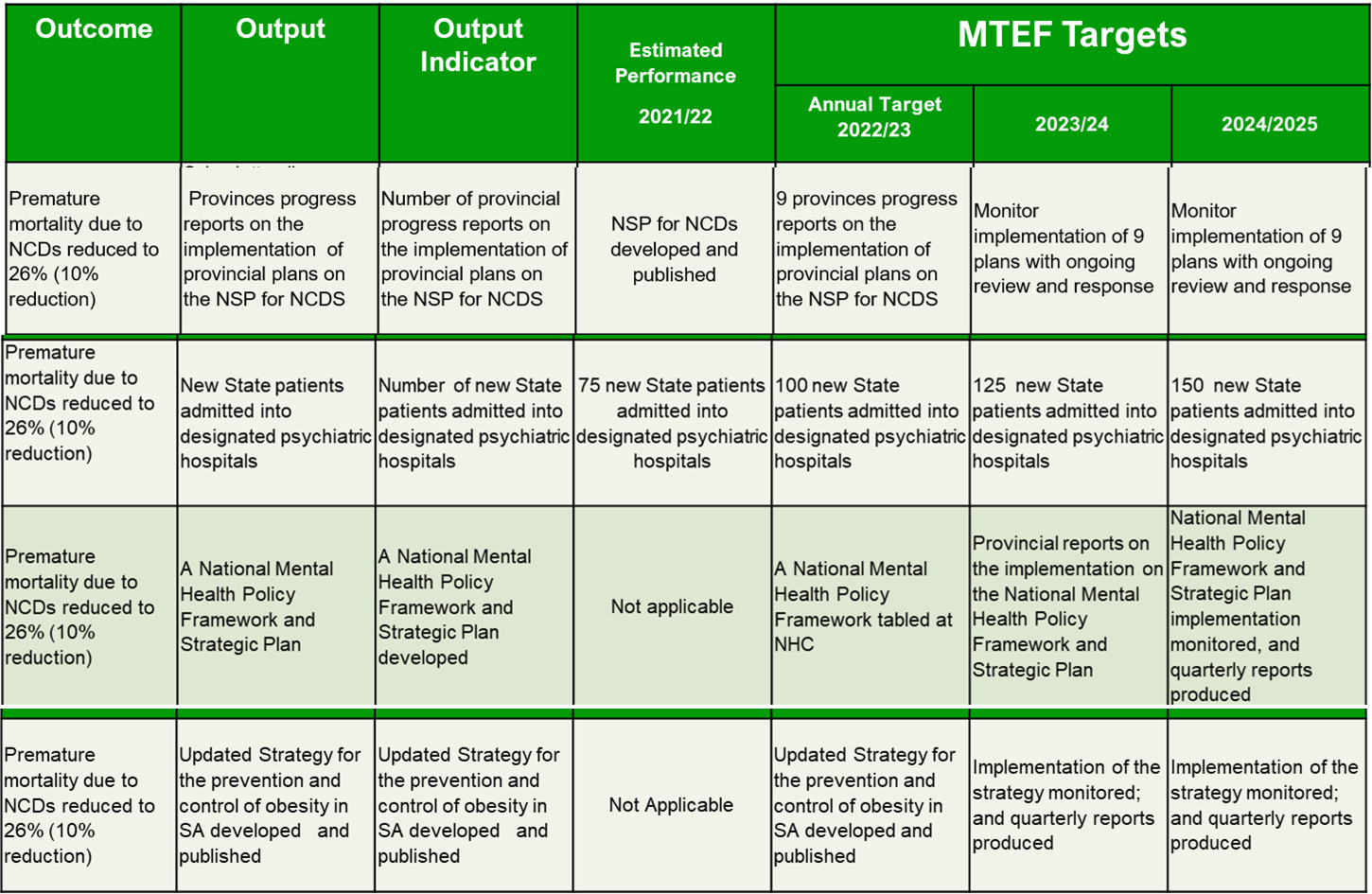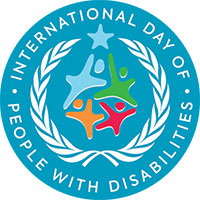
Geneva, 14 March 2024– A major new study released by The Lancet Neurology shows that, in 2021, more than 3 billion people worldwide were living with a neurological condition. The World Health Organization (WHO) contributed to the analysis of the Global Burden of Disease, Injuries, and Risk Factor Study (GBD) 2021 data.
Neurological conditions are now the leading cause of ill health and disability worldwide. The overall amount of disability, illness and premature death (known as disability-adjusted life years, DALYs) caused by neurological conditions has increased by 18% since 1990.
Over 80% of neurological deaths and health loss occur in low- and middle-income countries, and access to treatment varies widely: high-income countries have up to 70 times more neurological professionals per 100 000 people than low- and middle-income countries.
“Neurological conditions cause great suffering to the individuals and families they affect, and rob communities and economies of human capital,” said Dr Tedros Adhanom Ghebreyesus, WHO Director-General. “This study should serve as an urgent call to action to scale up targeted interventions to allow the growing number of people living with neurological conditions to access the quality care, treatment and rehabilitation they need. It is more important than ever to ensure brain health is better understood, valued and protected, from early childhood to later life.”
The top ten neurological conditions contributing to loss of health in 2021 were stroke, neonatal encephalopathy (brain injury), migraine, dementia, diabetic neuropathy (nerve damage), meningitis, epilepsy, neurological complications from preterm birth, autism spectrum disorder, and nervous system cancers.
Overall, neurological conditions cause more disability and health loss in men compared to women, but there are some conditions like migraine or dementia where women are disproportionately affected.
Since 1990, the absolute number of individuals living with, or dying from, neurological conditions has increased, while age-standardized DALY rates have dropped. This means that increases in absolute numbers are mainly driven by demographic change and people living longer.
Diabetic neuropathy was the fastest growing neurological condition. The number of people with diabetic neuropathy has more than tripled globally since 1990, rising to 206 million cases in 2021. This increase is in line with the worldwide increase in diabetes. Other conditions such as neurological complications from COVID-19 (for example, cognitive impairment and Guillain-Barré syndrome) did previously not exist and now account for over 23 million cases.
At the same time, neurological burden and health loss due to other conditions decreased by 25% or more since 1990 as a result of improved prevention (including vaccines), care and research: tetanus, rabies, meningitis, neural tube defects, stroke, neurocysticercosis (parasitic infection that affects the central nervous system), encephalitis (inflammation of the brain), and neonatal encephalopathy (brain injury).
The study also examined 20 modifiable risk factors for potentially preventable neurological conditions such as stroke, dementia and idiopathic intellectual disability.
Eliminating key risk factors – most importantly, high systolic blood pressure and ambient and household air pollution – could prevent up to 84% of stroke DALYs. Similarly, preventing exposure to lead could reduce the burden of idiopathic intellectual disability by 63.1%, and reducing high fasting plasma glucose levels could reduce the burden of dementia by 14.6%. Smoking significantly contributed to stroke, dementia and multiple sclerosis risk.
More investments needed to improve treatment, care and quality of life
At the World Health Assembly in 2022, Member States adopted the Intersectoral global action plan on epilepsy and other neurological disorders 2022–2031 (IGAP) with ambitious scope to address the long standing neglect of neurological disorders.
“The Intersectoral Global Action Plan 2022–2031 sets out a roadmap for countries to improve prevention, early identification, treatment and rehabilitation of neurological disorders. To achieve equity and access to quality care, we also need to invest in more research on risks to brain health, improved support for the healthcare workforce and adequate services,” said Dévora Kestel, Director, WHO Department of Mental Health and Substance Use.
IGAP sets out strategic objectives and targets to improve access to treatment, care and support for people with neurological disorders; implement strategies for brain health promotion and disease prevention; strengthen research and data; and emphasize a public health approach to epilepsy and other neurological disorders.


NCDs related outcomes for APP 202s/2023
NCDs are a neglected priority in the National Department of Health (NDoH) Annual Performance Plan 2022/23 (APP) which expires at the end of March. Only 4 /18 outcomes in programme 3 are NCD-related.
The bottom 2 rows in the table, require the re-development of national policies for mental health and obesity. Transparency and an inclusive process are problematic.
Our Constitution calls for the meaningfu involvement of civil society and people living with NCDs. Together these conditions impact millions of South Africans and place increasing burden on the health system.
It would also be great to see the reviews of the existing policies which should come before a new policy.
The NCDs+ National Strategic Plan 2022-2027, launched in May 2023, (see the top row in the table) Implying that the provinces will have be close to publishing the impemetion plans for obesity, diabetes and hypertension. I know there is lots hard work getting the plans ready. The Medium-Term Strategic Framework 2019-24 makes it clear that NCDs budgets and implementation must happend in at the sumbnational or provinical level.
The focus is on the clauses in the BELA Bill which will allow schools to have alcohol on school premises and at school functions – on and off school premises – for purposes of fund-raising. Whether you think this is a good idea or not, our webinar promises to be an interesting platform to discuss the issue.
Please share this invite with other people and organisations. It’s an important issue that is of significance to anyone who has or may have a child in our schooling system.
You can register by scanning the QR code on the banner below or, if that doesn’t work, you can go to https://event.webinarjam.com/register/746/3vp2qal7n .
We look forward to seeing you there and sharing the discussion with you.
“We cannot rest if even a single one of our citizens is a victim of discrimination and prejudice on account of having a disability.” This is the message from President Cyril Ramaphosa on International Day of Persons with Disabilities.
Delivering his message on Thursday, President Ramaphosa warned that there can be no sustainable growth and development in any society if there are members who are excluded from being active citizens on account of disability.
The President said the COVID-19 pandemic has exposed the difficulties people with disabilities face in a number of sectors – from accessing healthcare to using public transportation and seeking employment.
“In line with our commitment to building towards an inclusive, accessible and sustainable post COVID-19 world, we must ensure that persons with disabilities are not left behind.
“The social, economic and political inclusion of persons with disabilities is included in the UN Agenda 2030 and Sustainable Development Goals (SDGs), as well as our own National Development Plan (NDP). Now that we are in the final decade of implementation of both the NDP and Agenda 2030, we must increase the pace of change,” President Ramaphosa said.
Presidential Working Group on Disability
The President said through the work of the Presidential Working Group on Disability, government is making sure disability is mainstreamed in all government plans and programmes, along with the necessary budgets.
“Disability has been included in the work streams of the National Coronavirus Command Council. We are striving to ensure that the legal, social, economic, health care and containment work streams include disability in their work.
“A process is underway to finalise a report on the impact of the Coronavirus pandemic on persons with disabilities, which will guide not only our approach to disability in the economic recovery plan, but also our preparation for future crises of this nature,” he said.
As government works to implement the Economic Reconstruction and Recovery Plan, it is making sure that people with disabilities are prioritised when it comes to job opportunities under the Presidential Employment Stimulus, and that businesses owned and managed by people with disabilities have access to opportunities in the key growth sectors.
End gender-based violence against disabled people
As South Africa marks 16 Days of Activism for No Violence against Women and Children, President Ramaphosa challenged every citizen to work to end gender-based violence (GBV) against persons with disabilities, and ensure that survivors get the necessary support.
“According to numerous studies, women with disabilities are more likely to suffer abuse at the hands of partners. Women and children with cognitive disabilities may be taken advantage of due to their perceived inability to report the crime,” the President said.
Disability Rights Awareness Month 2020
The International Day for Persons with Disabilities is observed annually on 3 December to promote the full and equal participation of persons with disabilities in society and the economy, and to take action for the inclusion of persons with disabilities in all aspects of society and development.
The United Nations has themed this year’s commemoration ‘Building Back Better: toward a disability-inclusive, accessible and sustainable post COVID-19 World”.
The International Day for Persons with Disabilities also brings to a close government’s Disability Rights Awareness Month 2020 (DRAM 2020).
The DRAM, which run from 3 November to3 December 2020, aims to raise awareness to the harmful effects stigmatisation, prejudice and stereotypes have on the disability sector. The campaign also aims to celebrate individuals who have overcome prejudice, societal barriers, and hardship to excel in their chosen fields.

“We cannot rest if even a single one of our citizens is a victim of discrimination and prejudice on account of having a disability.” This is the message from President Cyril Ramaphosa on International Day of Persons with Disabilities.
Delivering his message on Thursday, President Ramaphosa warned that there can be no sustainable growth and development in any society if there are members who are excluded from being active citizens on account of disability.
The President said the COVID-19 pandemic has exposed the difficulties people with disabilities face in a number of sectors – from accessing healthcare to using public transportation and seeking employment.
“In line with our commitment to building towards an inclusive, accessible and sustainable post COVID-19 world, we must ensure that persons with disabilities are not left behind.
“The social, economic and political inclusion of persons with disabilities is included in the UN Agenda 2030 and Sustainable Development Goals (SDGs), as well as our own National Development Plan (NDP). Now that we are in the final decade of implementation of both the NDP and Agenda 2030, we must increase the pace of change,” President Ramaphosa said.
Presidential Working Group on Disability
The President said through the work of the Presidential Working Group on Disability, government is making sure disability is mainstreamed in all government plans and programmes, along with the necessary budgets.
“Disability has been included in the work streams of the National Coronavirus Command Council. We are striving to ensure that the legal, social, economic, health care and containment work streams include disability in their work.
“A process is underway to finalise a report on the impact of the Coronavirus pandemic on persons with disabilities, which will guide not only our approach to disability in the economic recovery plan, but also our preparation for future crises of this nature,” he said.
As government works to implement the Economic Reconstruction and Recovery Plan, it is making sure that people with disabilities are prioritised when it comes to job opportunities under the Presidential Employment Stimulus, and that businesses owned and managed by people with disabilities have access to opportunities in the key growth sectors.
End gender-based violence against disabled people
As South Africa marks 16 Days of Activism for No Violence against Women and Children, President Ramaphosa challenged every citizen to work to end gender-based violence (GBV) against persons with disabilities, and ensure that survivors get the necessary support.
“According to numerous studies, women with disabilities are more likely to suffer abuse at the hands of partners. Women and children with cognitive disabilities may be taken advantage of due to their perceived inability to report the crime,” the President said.
Disability Rights Awareness Month 2020
The International Day for Persons with Disabilities is observed annually on 3 December to promote the full and equal participation of persons with disabilities in society and the economy, and to take action for the inclusion of persons with disabilities in all aspects of society and development.
The United Nations has themed this year’s commemoration ‘Building Back Better: toward a disability-inclusive, accessible and sustainable post COVID-19 World”.
The International Day for Persons with Disabilities also brings to a close government’s Disability Rights Awareness Month 2020 (DRAM 2020).
The DRAM, which run from 3 November to3 December 2020, aims to raise awareness to the harmful effects stigmatisation, prejudice and stereotypes have on the disability sector. The campaign also aims to celebrate individuals who have overcome prejudice, societal barriers, and hardship to excel in their chosen fields.




